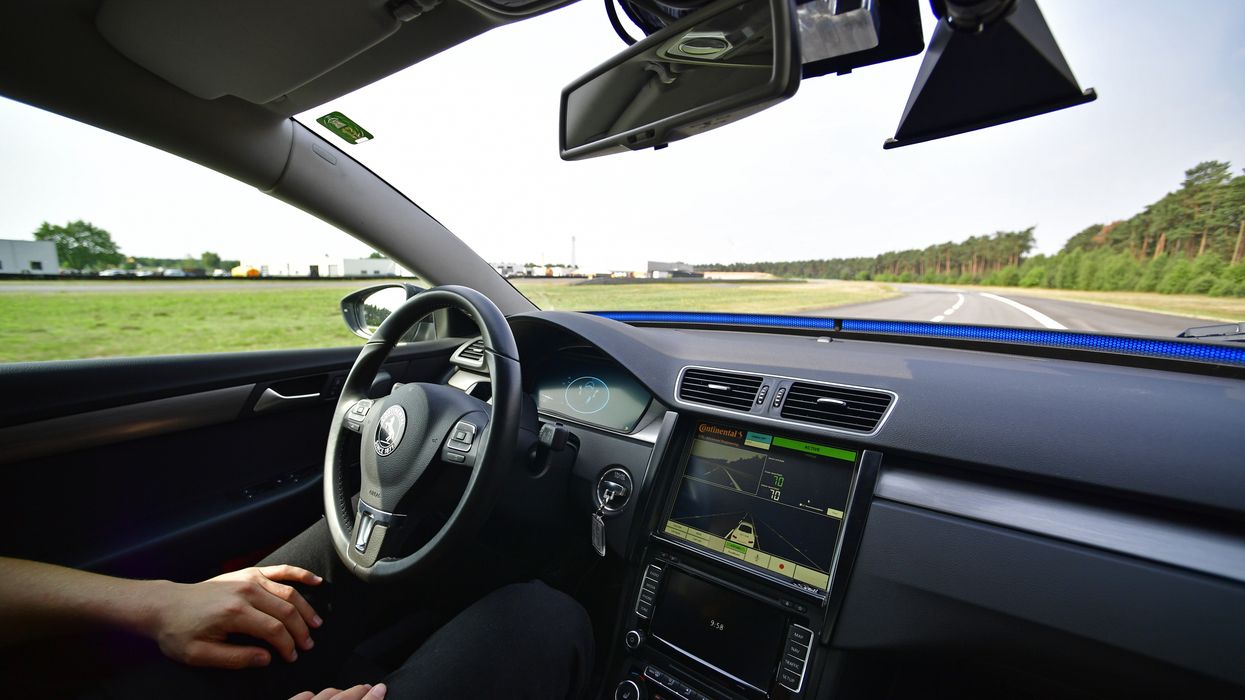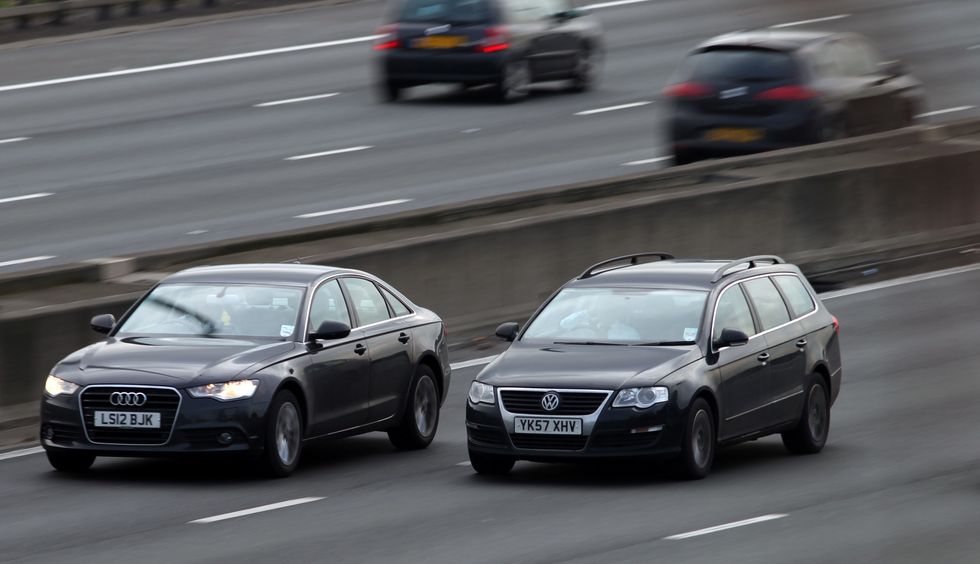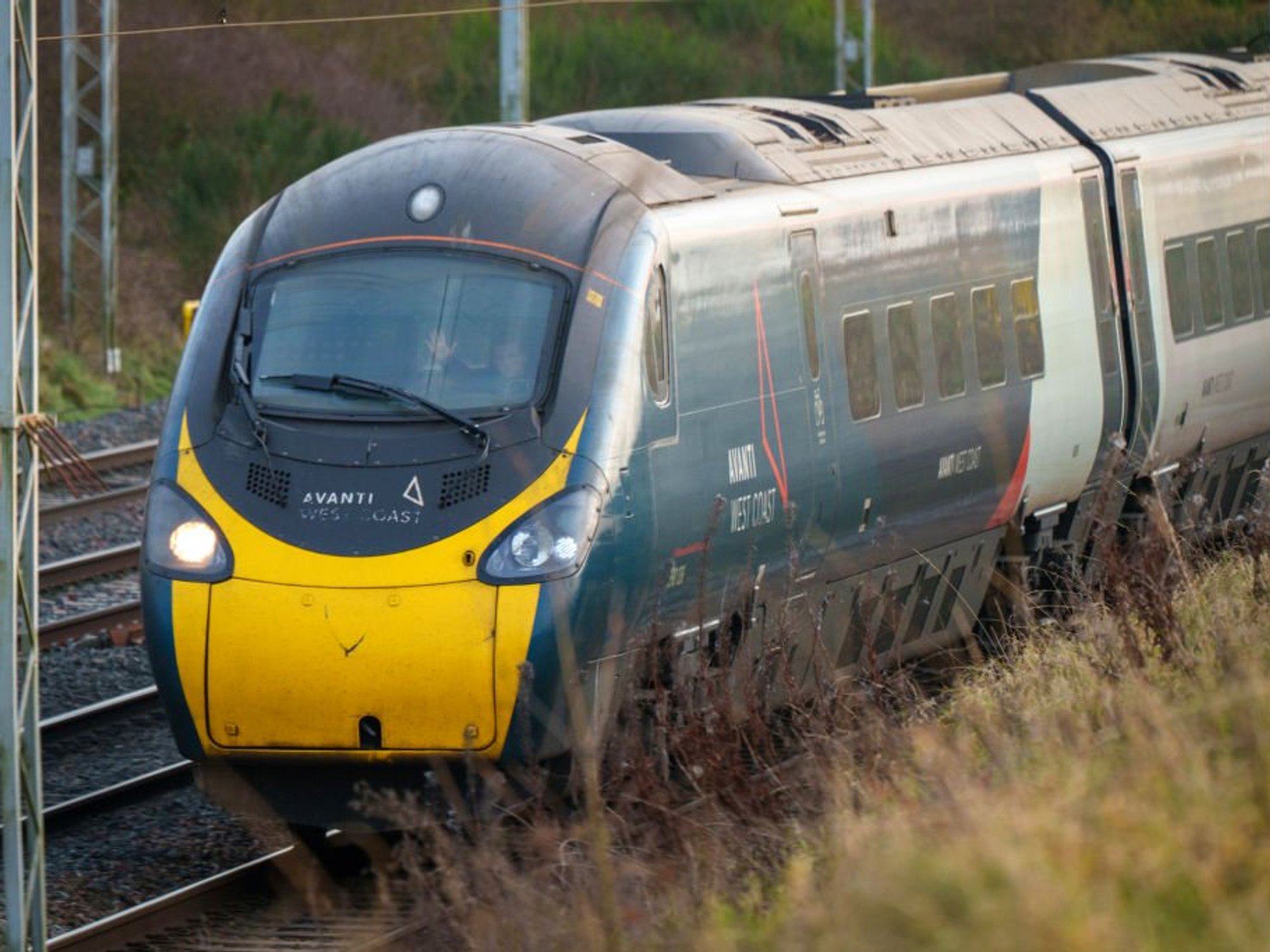Self-driving cars branded safer for Britons with a passenger ahead of 2026 vehicle rollout

Self-driving vehicles could be seen on the road by 2026 | GETTY

The Automated Vehicles Bill passed through Parliament earlier this year
Don't Miss
Most Read
Ahead of the autonomous car revolution, new research has found that the presence of a backseat passenger can be more effective for motorists to decide when manual control is needed in self-driving vehicles.
According to a recent study, motorists who travel with a passenger are more likely to drive in a safer manner and be more vigilant on the roads.
A simulator study found that having a front-seat passenger in a vehicle with autonomous controls can help drivers with directions, as well as helping to prevent them from falling asleep.
Passengers also provide distractions for drivers during long stretches of driving, the University of Nottingham study detailed.
Do you have a story you'd like to share? Get in touch by emailing motoring@gbnews.uk

Research looked at whether autonomous cars could be safe without a passenger
| PAThe findings come from a recent study for the RAC Foundation which investigated the benefits of having a passenger in cars as the UK looks to roll out self-driving cars.
The study involved putting 17 motorists in a Level 3 automated vehicle to determine whether having a passenger in the car made it safer to travel.
Level 3 involves having a vehicle which can drive itself completely without the interference of the driver, although in some cases they will be able to step in and take control.
The research found that passengers were seen as good moderators, encouraging drivers to keep an eye on the road.
Steve Gooding, director of the RAC Foundation, explained that the research showed that when controlling a “semi-autonomous car, a front-seat passenger might genuinely help the person behind the wheel”.
He said: “It’s hard to argue against the ambition for fully driverless cars to make our roads safer by eliminating the human errors which contribute to collisions.
“But many still doubt whether fully automated driving – on any road, at any time, and anywhere – is a realistic aim.”
He added that the results of the study flagged the need for vehicle designers to take into consideration the real world with all its distractions.
Meanwhile, Dr David R Large from the University of Nottingham, stated that the presence of passengers has helped answer more questions about conditional automation.
He remarked that the study highlighted the distraction that passengers may still pose inside these vehicles, but “also the value they can offer”.
He noted: “We observed passengers providing help and assistance to drivers during manual takeovers of the vehicles and sharing the responsibility of keeping the focus on the road when needed.
“The findings of this study will allow us to further explore the risks of conditional automation and how the technology of the vehicle can be improved to increase their safety on our roads.”
LATEST DEVELOPMENTS:

Passengers in cars can help keep a driver focused
| GETTYThe testing of autonomous vehicles and their benefits comes as the UK passed its Automated Vehicles Bill in May.
The legislation looked at regulating the industry and could lead to self-driving vehicles hitting UK roads as early as 2026.










